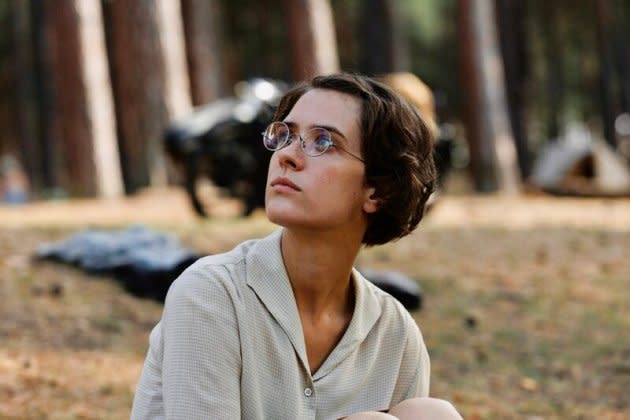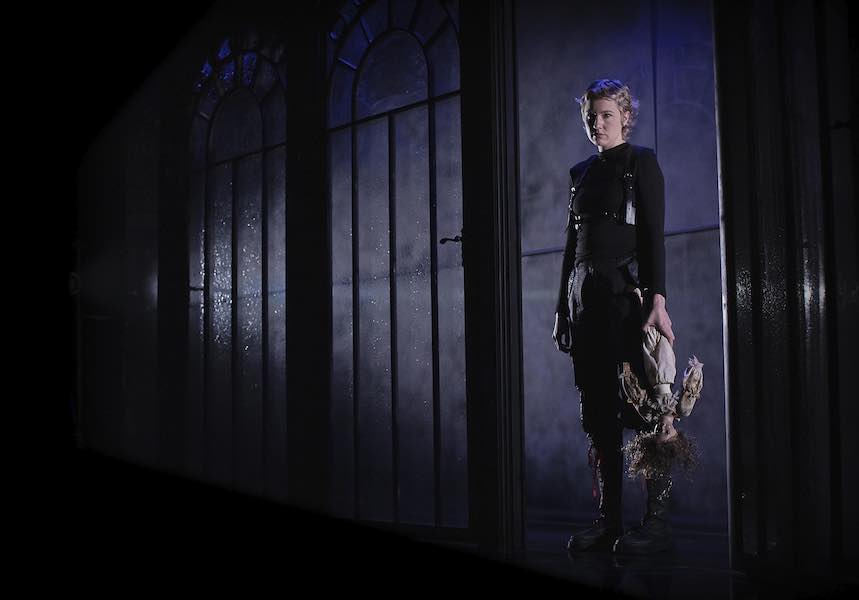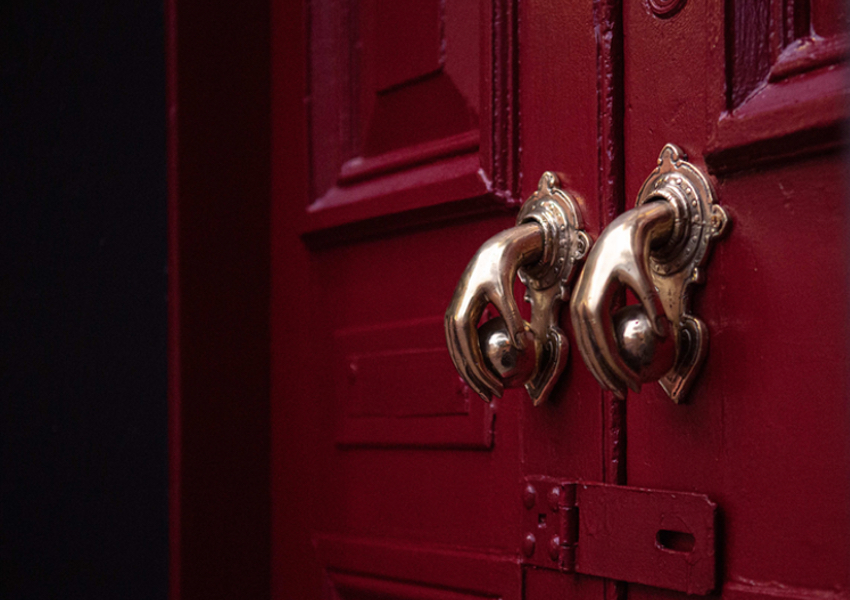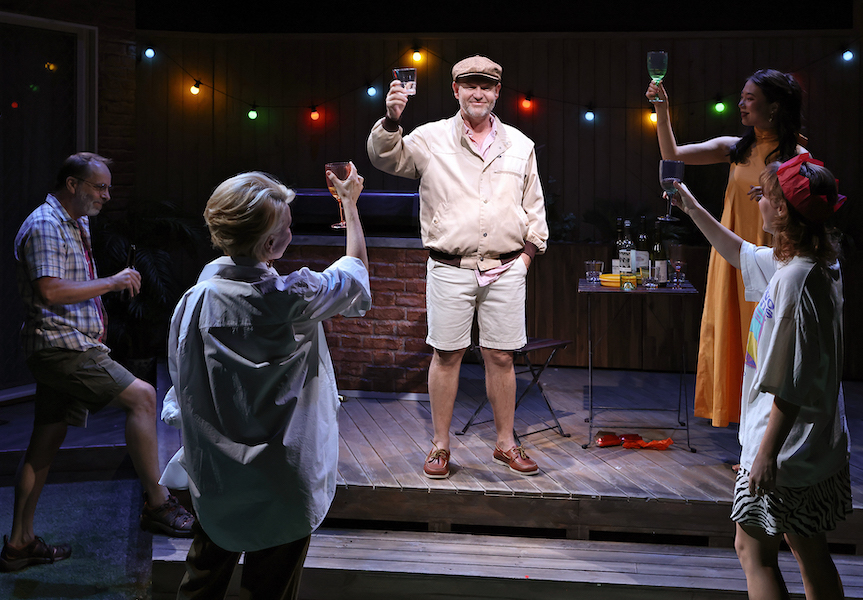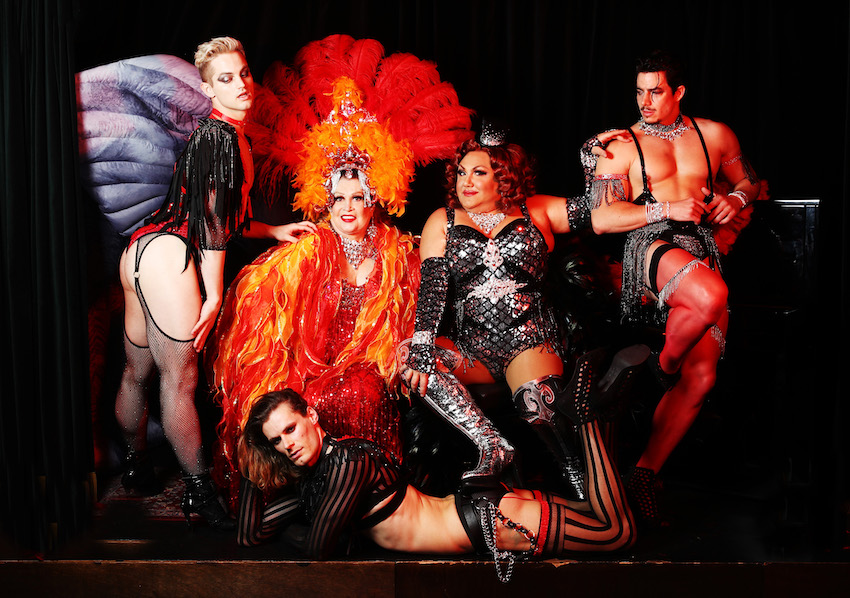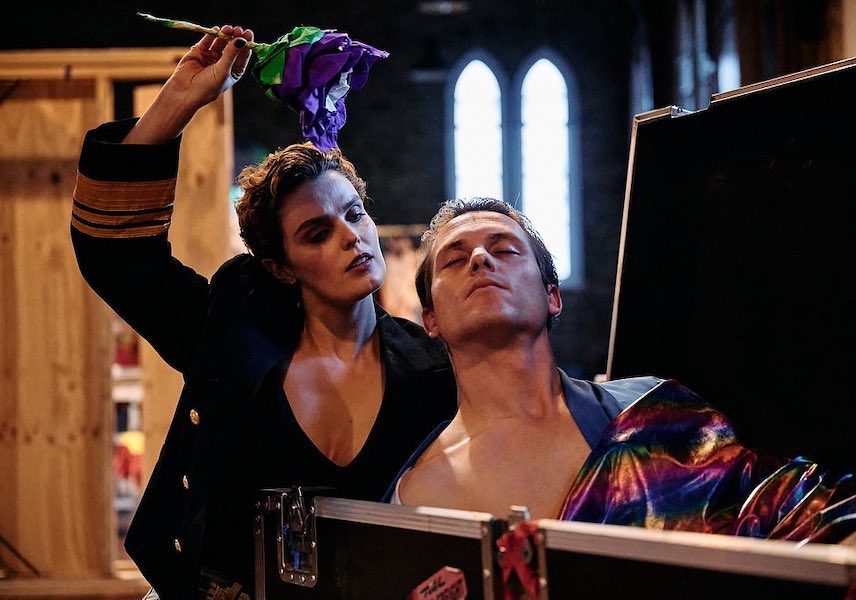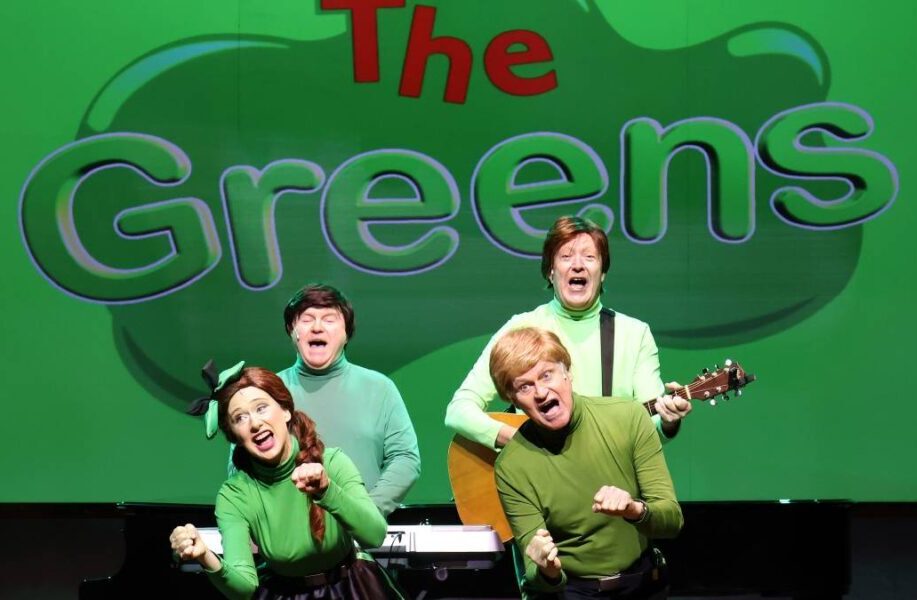
BABYTEETH
Otherwise known as reborner or deciduous teeth, babyteeth are those that precede your adult set and are kind of like the training wheels for your mouth. Often wished upon or traded in for gold, they are both valuable and impermanent. In the freshly-penned Rita Kalnejais play of the same name, there is a bittersweet edge to this concept of childhood chrysalis – as 14-year-old Milla (Sara West) is very, very sick, and like her one remaining baby tooth, may not make it to adulthood. For this inaugural staging, we speak to director Eamon Flack (As You Like It) about how he pulled out this challenging little tale …
What compelled you to direct Babyteeth? There are very few reasons NOT to do a play like this. It’s wildly alive, it’s difficult to direct (which I like), it’s funny, it’s full of wonderful ways of seeing the world, and most brilliantly of all it’s a love story. Theatre has so few of these nowadays. Theatre yielded the love story to opera and film a century ago, and modern love stories on stage are rare. This is one of them, and a glorious one at that.
Tell us about Milla, the dying teenager? She has cancer but she’s also 14 and it’s this gap between illness and the ordinary teenage urge to live and experience that gives the play its force. The fact that she’s dying makes her living all the more important – she’s trying to find a way to leap into the thick of life while she can, and in a stroke of madness or sheer sanity, depending which way you look at it, she falls instantly in love with a junkie [Eamon Farren] ten years her senior and invites him home. The situation is part screwball and part tragedy. It’s quite brilliant.
And how about the other characters. How do they fit into the story? There’s a family of three – Milla and her parents – and each of them, in the course of dealing with Milla’s illness, find themselves forging an unlikely bond with a random stranger. As Milla’s illness takes over the life of the family, these people from the world at large become their most important anchors to a wider sense of life and living. It’s beautifully simple storytelling, really, but unexpected, idiosyncratic and alive.
How have you prepared the cast for their performances? To be honest it’s not really something I talk about. Characters are just people with intense complexes of obstacles and desires, so you spend most of your time talking about obstacles and desires. Having said that, the marvellous Russell Dykstra is playing a Latvian violin teacher, so Russell has heroically learnt both a Latvian accent and the violin. He’s also had to learn to be a lot ruder than he himself is. Other than that – no characterisation, just six weeks worth of painstaking accumulation of details of human behaviour!
Babyteeth is described as dark, a whimsical comedy, bittersweet and a love story where, ‘love undoes you and makes you honest’. How do all these differing themes connect to one another? I think LIFE has multidimensional themes – it’s pretty normal for it to be funny and awful at the same moment – and life rarely ties its themes up neatly. Babyteeth is adamantly life-like in that sense. It refuses to package the themes into a single pill. But at the centre of the living mess of it all is a moment-by-moment interest in what it means to love another person when you know that, somewhere along the way, one of you will end up losing the other person to oblivion. Love is not a feeling, it’s a constant activity you engage in, especially when someone is dying.
How has the play been staged? What visual or sensory tools have been utilised to enhance the story-telling, the mood or emotional landscapes of the characters and their interactions? Bob Cousins is the set designer – he really is one of the best – and we spent long hours trying to find some very practical solutions to staging a very eventful play. It has lots of locations – it’s very filmic in that sense – so we needed to find something that could do a lot of work with great ease. But the play also has this unusual and very beautiful kind of poetry of space going on – this remarkable way of constantly unfolding and opening up and just when you think it can’t open up any more it does. So we’ve found ourselves putting three rooms on a revolve, when the interior of each room is the exterior of the room next door – a kind of Escher-esque world of interiors becoming exteriors. But the moods and rhythms and emotional landscapes of the staging really come from the dialogue, which is intricately musical in a very special way. We’ll be using very gentle music and lighting to support those rhythms, rather than invest too heavily in a theatricality.
What do you hope the audience will take away with them? Oh – that great and classic feeling of having had a good laugh and a good cry in the same few hours – you feel like your lungs and your stomach and your heart have had a good physical workout just by sitting in the dark – and when you walk away with those feelings you also end up somehow more open-minded and more compassionate, which is always a good thing! I also hope lots of people fall in love after watching the show.
Feb 11-Mar 18, Upstairs, Belvoir St Theatre, 25 Belvoir St, Surry Hills, $42-62, 9699 3444, belvoir.com.au


